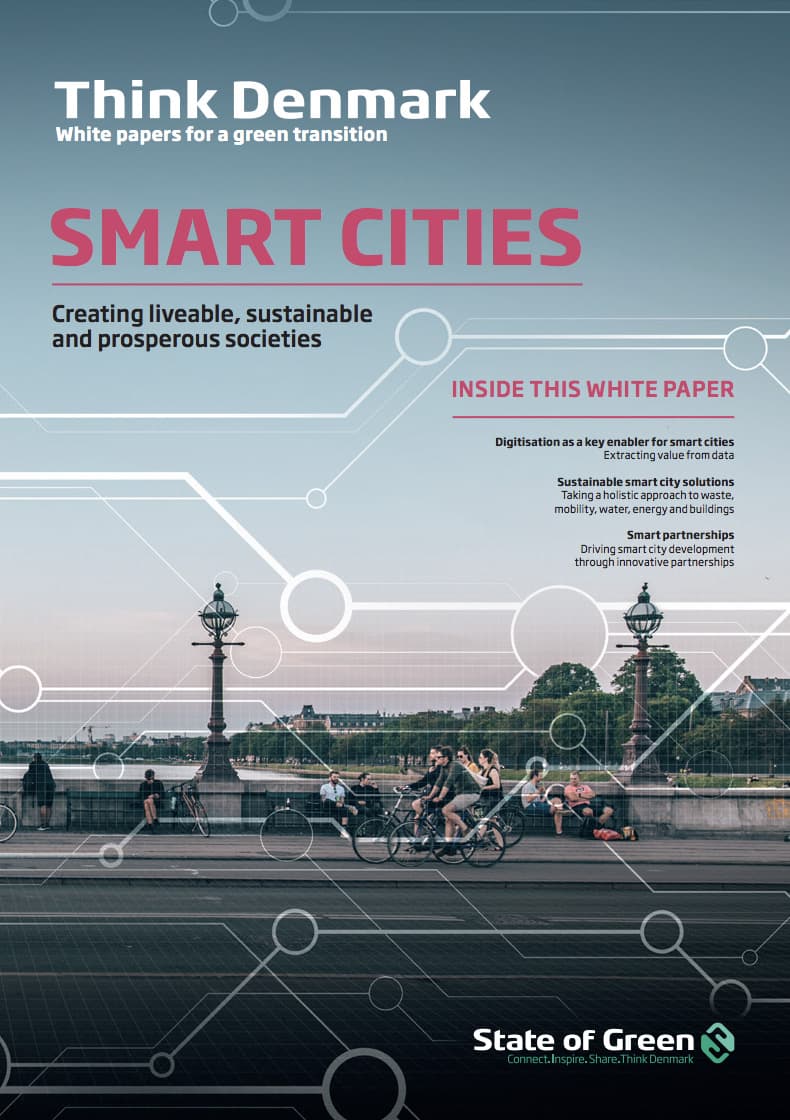Download our publication on smart cities
This article is part of our publication ‘Smart Cities’
Download nowPerspective
Smart cities


The concept of a ‘smart city’ is closely interlinked with public-private partnerships. It is driven by public demands such as sustainability, services for citizens and growth.
Smart city technologies enable broader societal development that allows for both sustainability and growth. Therefore, partnerships between public and private entities, universities and citizens are key for a successful smart society.
Public-private partnerships encourage synergies and help foster innovation that results in far-reaching, integrated projects directed at societal needs. For industries, partnerships mean stable regulatory frameworks and shared innovation costs. They also provide valuable insights into public demands. Cooperation across municipalities enables a much more interesting market for innovative companies. Public institutions obtain knowledge of innovative commercial solutions and can integrate them in longterm political visions. The partnerships make it possible to leverage investments and keep public costs down when investing in green solutions.

This article is part of our publication ‘Smart Cities’
Download nowDenmark has many such partnerships both national and global. Each create different values and address different challenges. Several are well-established entities, while others are established in connection with larger regional or local investment projects. Other partnerships emerge from the interest of working with specific technologies and solutions.
Common for the partnerships is that public demand is the key driver of innovation and investments. The Danish tender legislation allows for public innovative tendering through structured marked dialogue, innovation partnerships and competitions. Several tools, methods and partnership models are applied and tested, using design thinking, hackathons and anthropological methods. The latter help secure citizen involvement.
Several partnerships in Danish cities are developed through so-called ‘living labs’. Here, smart city solutions are tested and developed in user-centred, transparent ecosystems. Through co-creation processes, concepts are developed in real life, allowing citizens, public institutions and private actors alike to question and contribute to the development and exploration of emerging city solutions. The labs function as major showrooms of innovative solutions
for both national and international customers, as well as unique platforms for public and private innovation.
solutions
Combined heat and power production
+6
publications
Combined heat and power production
+9